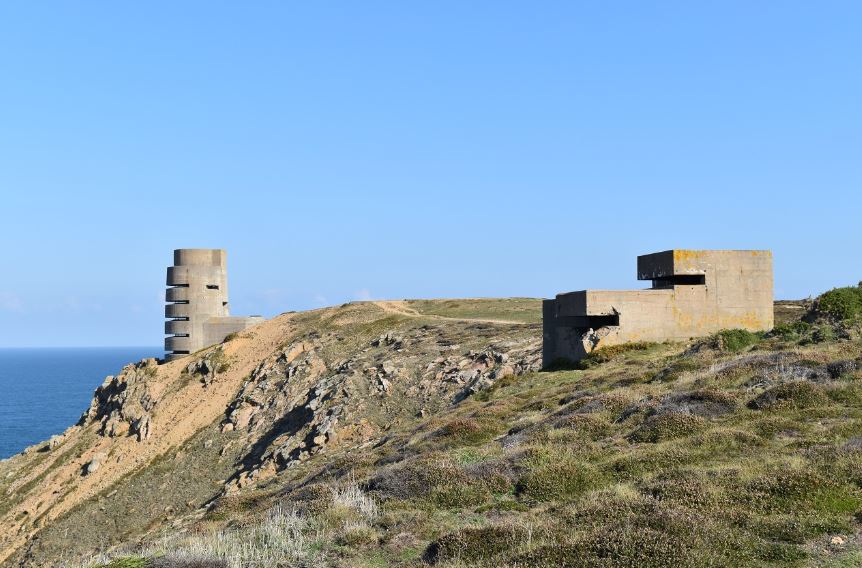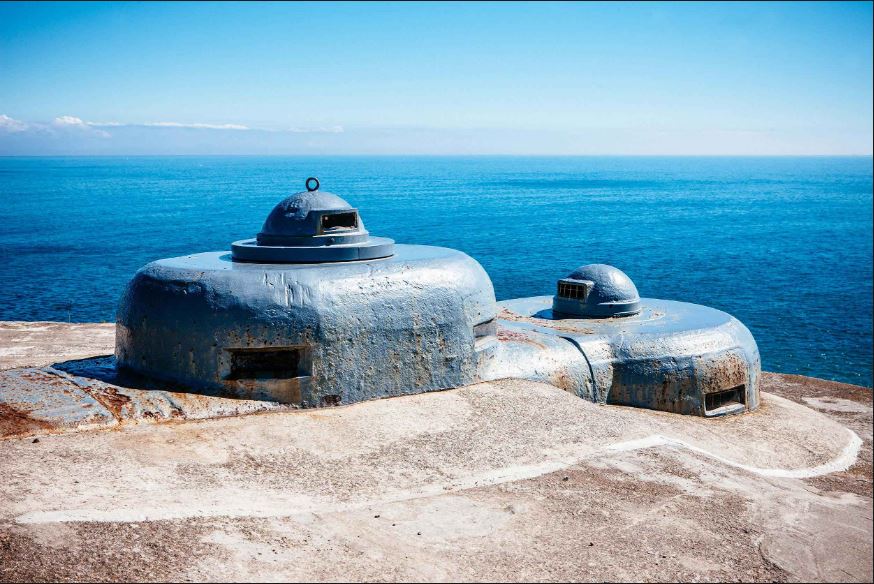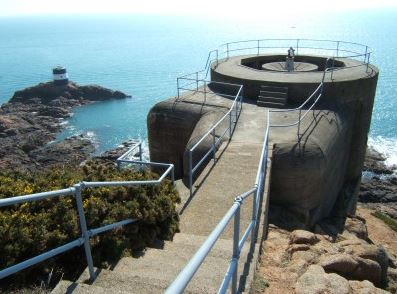On the 30th of June 1940, German forces invaded the island of Jersey, Channel Islands. They continued to occupy the island until its Liberation in May 1945. The Channel Islands were the only parts of the British Isles that were occupied by the German armed forces during the Second World War, and during the 5 years of occupation, both islanders and occupiers dealt with increasingly poor living and working conditions. Many of these poor conditions were reported on by inhabitants of the islands, and can be read and seen through photography, diary entries and letters, encapsulating the theme of hardship and distress that plagued the island at the time.

The British Government declared that the Channel Islands were of little to no strategic importance during the summer of 1940, and made the decision to demilitarize the islands in order to spread resources and arms more effectively over areas that they thought were of more importance. This left the islands of Jersey and Guernsey with no military defense, and so during the invasion, Jersey was very much at the mercy of the German forces.
The German forces began to construct fortifications, bunkers and artillery outposts across Jersey as part of the Atlantic Wall (a system of coastal defenses across Nazi occupied areas of Europe, built to defend against an impending Allied invasion). Numerous concrete bunkers and walls were constructed along the coastlines of Jersey in order to defend against a possible attack, although this attack never came, and the island was eventually liberated in 1945.
The Germans occupation of Jersey changed a lot about the daily life of inhabitants of the island for the 5 years that the occupation lasted. Radios, cameras and boats were confiscated, there were strict restrictions placed on exporting goods, freedom of speech and access to healthcare and medicine, and the people of Jersey were forced to change to German time, driving on the right side of the road, and accepting forced rations. A curfew was established to limit the populations movement in the evening and night hours, and censorship of the media was strict.
The drastic changes made to the lives of the people of Jersey, the defensive structures built by the Germans, and the effects that the occupation had on the landscape of the island, have all been documented in a variety of detailed ways, from photographs to diary entries. The occupation of Jersey had a huge impact on civilian and military personnel alike, and various archives and museum exhibits around the Island document the struggles of the inhabitants of Jersey, through this time. The occupation of Jersey shaped how the island is seen to this day, from the memories of the older generations still living on the island, to the marks left in the physical landscape; the occupation of Jersey changed the island indefinitely.




